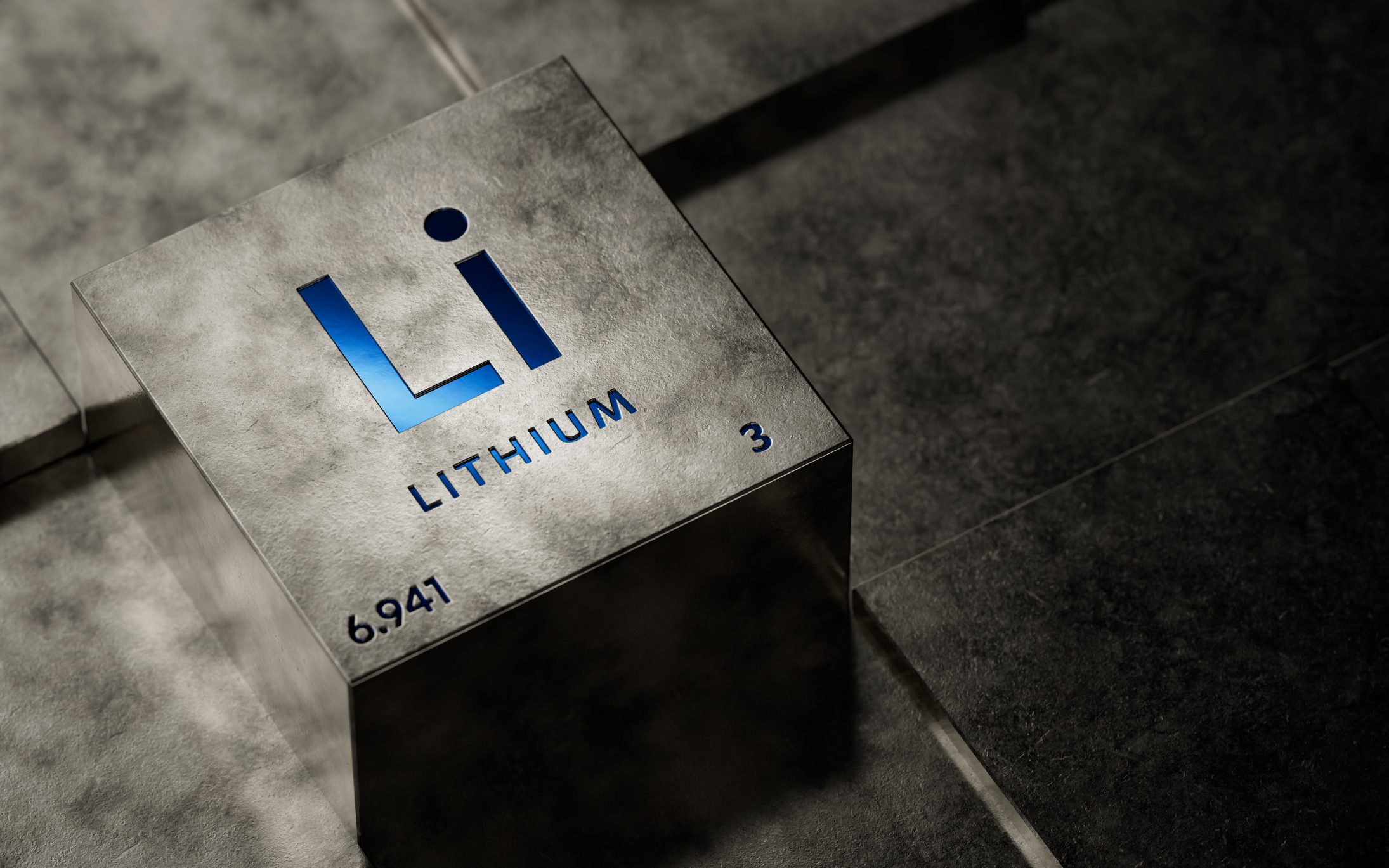Several big battery projects in Australia vital for storing renewable energy to meet the nation’s climate goals are highly likely to be using materials sourced through the forced labour of Uyghur and other Turkic ethnic groups in China, the Australian Strategic Policy Institute (ASPI) research has found.
ASPI has examined the supply chains for big battery projects across various Australian states and found that, even when the batteries are sourced from US-based companies, critical components are still obtained from Chinese suppliers. These suppliers carry well-documented risks of involvement in human rights abuses.
Australia needs big batteries because its renewable energy plans require storage for intermittent sources such as wind, solar and hydro. That’s why state and territory governments are pouring billions of dollars into battery energy storage systems (BESS), also known as big batteries.
However, most of the global battery supply is controlled by companies based in the People’s Republic of China and is dependent on raw materials mined and processed in Xinjiang Uyghur autonomous region (XUAR). Two of the largest companies that supply batteries and lithium cells for batteries—Contemporary Amperex Technology Co. Ltd. (CATL) and EVE—are used in Australian projects in spite of having been reported to be implicated in grave human rights violations, notably forced labour of Uyghur and other Turkic ethnic groups in the manufacturing and processing of raw materials. In a damning 2022 report, the United Nations stated that such violations might constitute crimes against humanity.
I wish the government would be more proactive in encouraging local manufacturing.
You know a great way to ensure a product is free from modern slavery? Produce it locally where nothing is obscured.
I’m not disagreeing with the goal but we have some pretty fucked working conditions here. Picking stands out, fucking messed up industry.
Especially since the raw materials for grid scale storage are almost all mined in Australia, mass packaged into batteriy cells in China, then bought back. Australia could absolutely move up the value chain on these if it wanted to and the government put investment into it, but that would require the best nation in the world for solar to stop trying to subsidize fossil fuels at every opportunity.
China even gives you a clear step by step example of how to do it. Just take the billions they are trying to make contingent on nuclear and instead use it to provide a minimum order guarantee for LFP and Sodium Ion cells.
If you realy wanted to commit, you could join up with Chile and Argentina, all agree to build battery plants, then raise export tariffs on the raw stuff and become OPEC but with three quarters of the worlds battery production instead.
It is absolutely possible for the largest supplier of lithium in the world to package it into battery cells instead of just selling it raw, and all that it would take is the smallest bit of future planning and not outright bowing down to a dead end industry, which of course means that it’s never going to happen and the government will continue to prop up coal, petrol, and gas while its citizens continue to buy back actually useful energy infrastructure from China.
Just a short article by Australian scholars (March 2024):
The government will spruik jobs in the regions, especially where retiring coal plants such as Liddell in New South Wales will take jobs with them.
But there are other benefits. We could take better advantage of the talent and research knowhow in Australia to begin building next-generation cells.
If we can kickstart a viable solar industry, it would help us unlock other parts of the green economy. Cheap and plentiful solar power could make it viable to crack water to make green hydrogen or make green steel and aluminium.
Many of these initiatives have to be set in train now to gain the benefits in five or ten years’ time. Today’s announcement is just the start. But in a sun-drenched country, it makes sense to aim for the skies.
Many of these initiatives have to be set in train now to gain the benefits in five or ten years’ time
It’s longer than an election cycle, so we can’t start it or the other mob might be in government when it’s completed and they take the credit.
Why is it always anything to do with mitigating climate where people are so concerned with slave labour? Most of the clothes we wear were probably made with the help of slave labour. I’m not saying we should not be concerned about those things, just that we shouldn’t always look at them just from this one angle.
Case in point: cobalt is used as a catalyst for removing sulphur from gasoline. Until a few years ago this was the application that most cobalt was used for. It has always been mined in terrible humanitarian conditions but until recently absolutely nobody gave a single flying fuck about this. Why is that?





